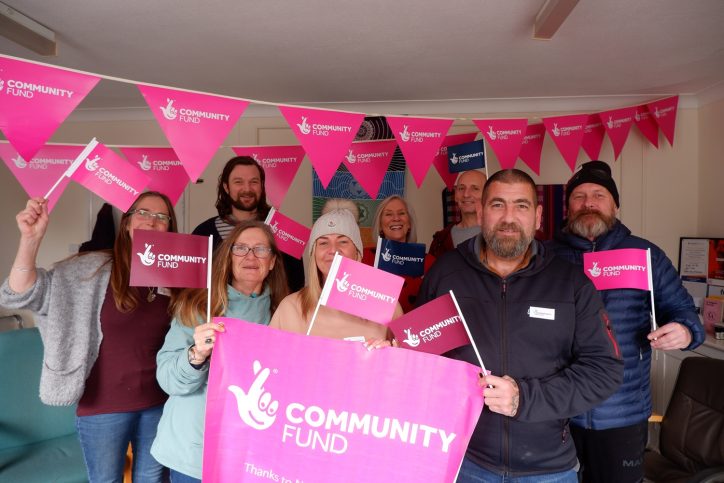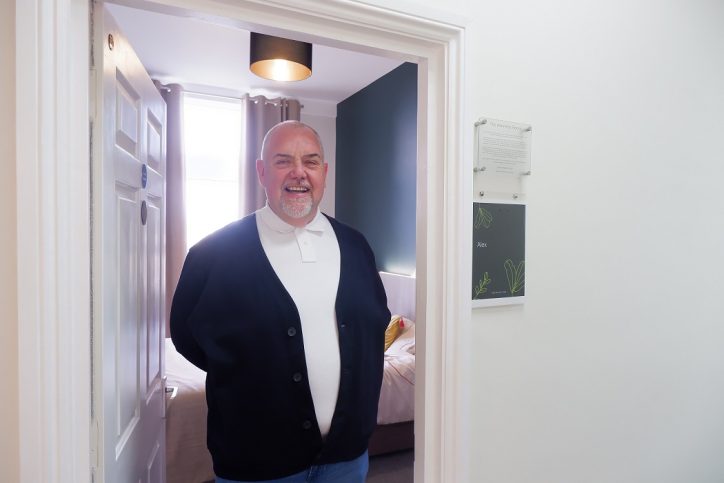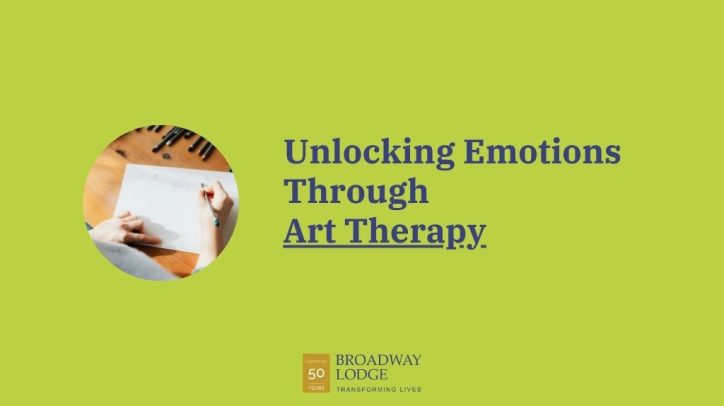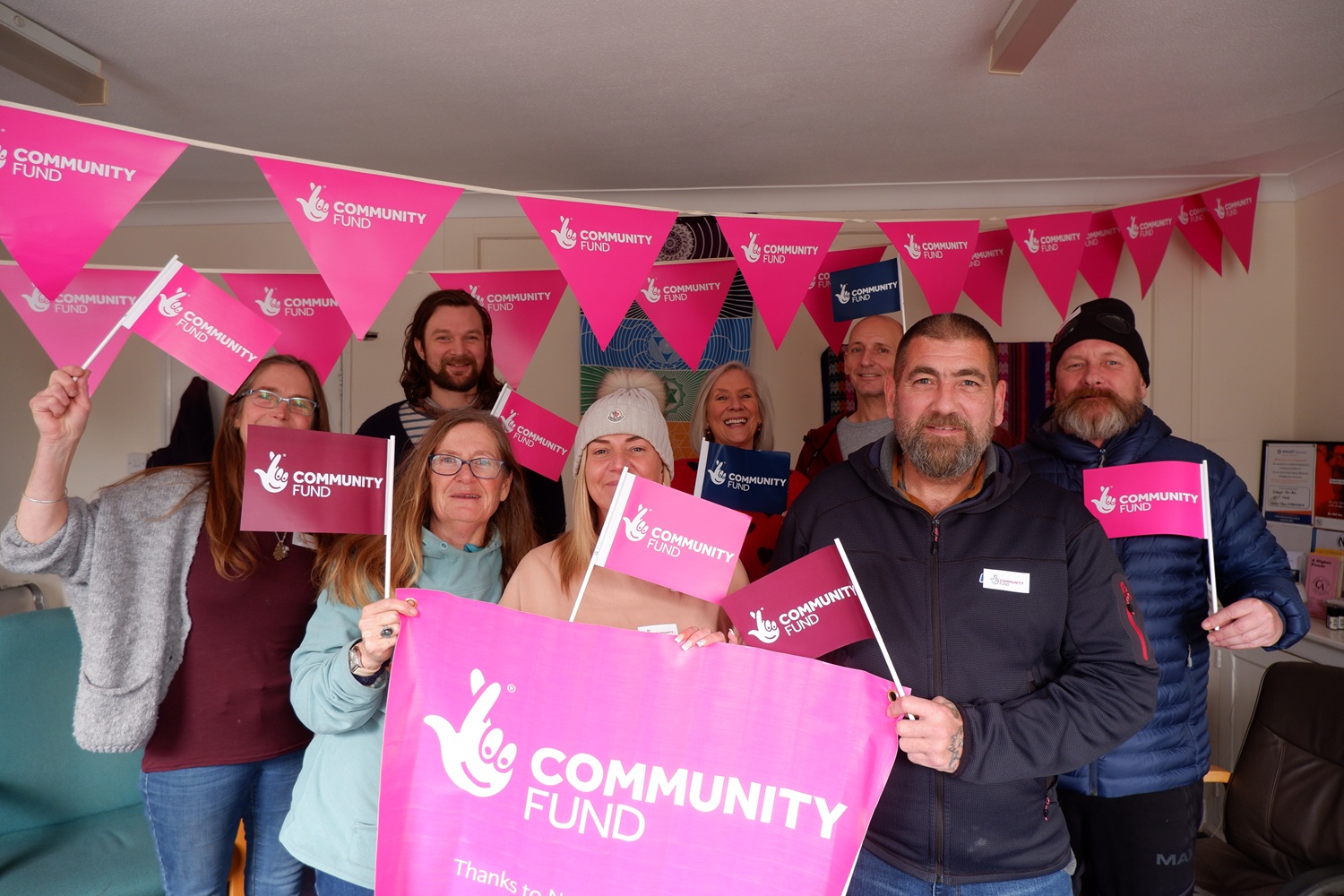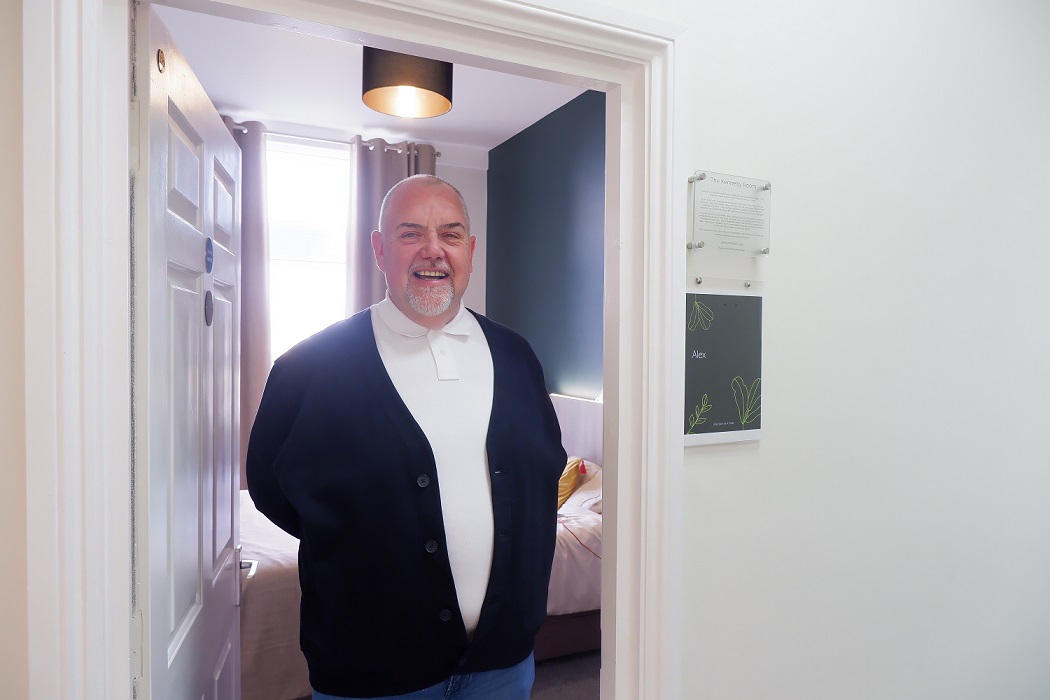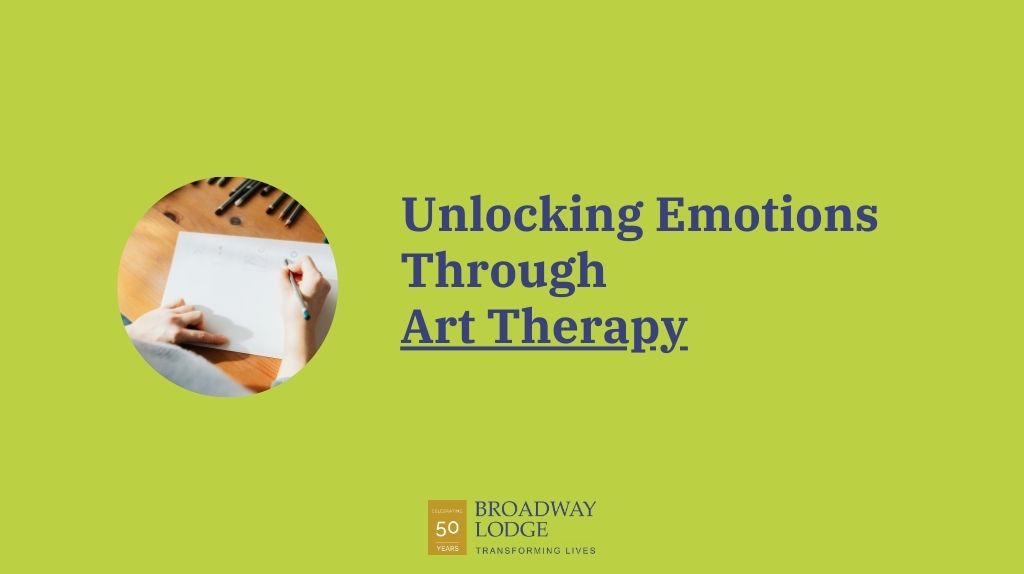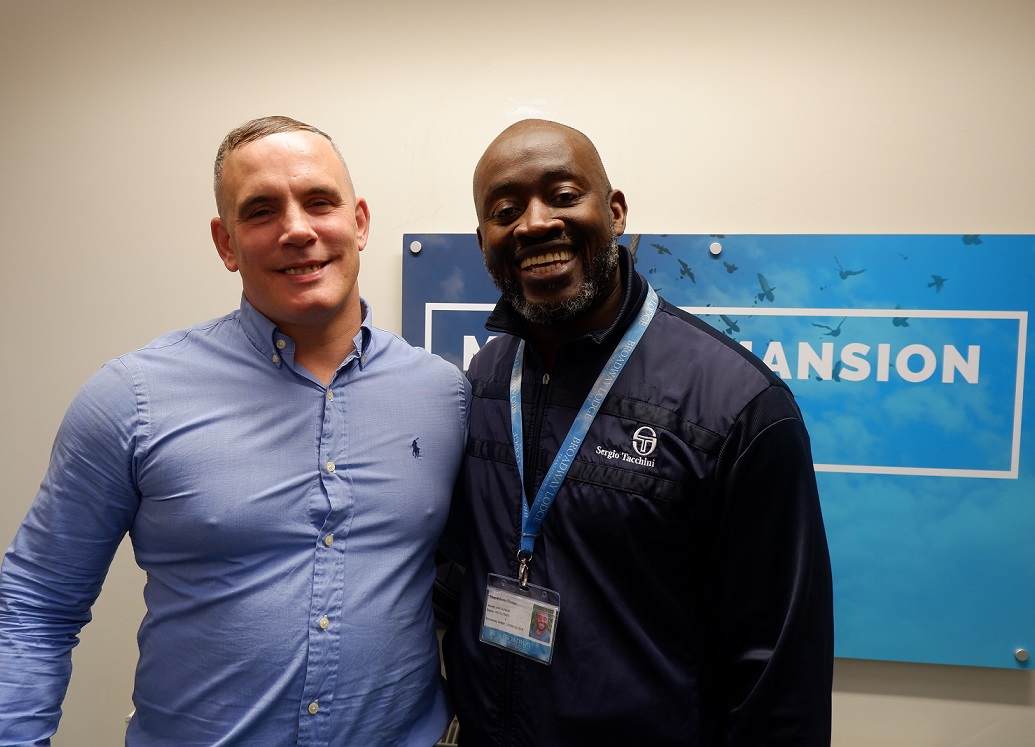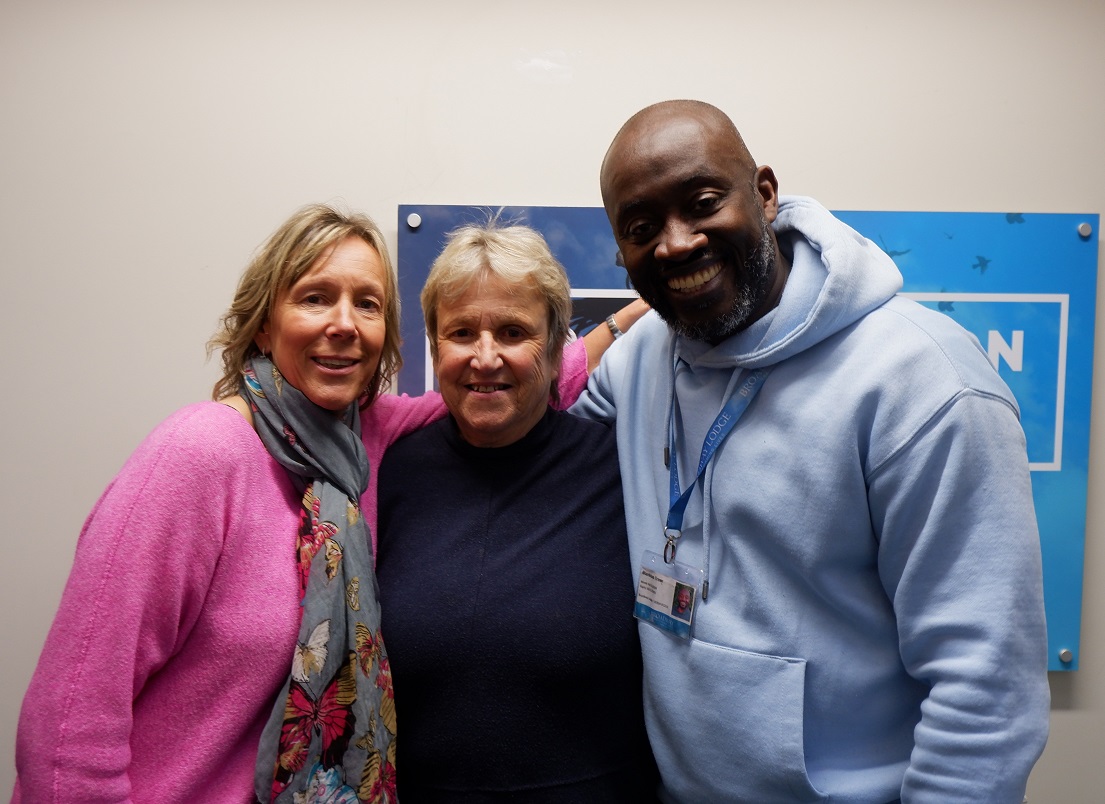Written by Markkus Trew, Head of Treatment, Counselling & Aftercare
Since 2018, Broadway Lodge has been on a journey to introduce Compassion Focused Therapy (CFT) into our addiction treatment programme due to the wide number of benefits CFT can bring about. It’s especially beneficial to people who are highly critical of themselves because CFT is effective in managing the inner critic, something which is often very prevalent in the people we treat, due to addiction commonly resulting in strong feelings of shame and worthlessness.
Not only have we succeeded in implementing CFT, today we have become a compassion-infused establishment which is felt by clients and visitors and is something we are really proud of.
In this blog I have provided a short overview of what Compassion Focused Therapy is and explained how we have become a compassion focused addiction treatment centre rooted in the 12 Step tradition.
What is Compassion and Compassion Focused Therapy?
Most people believe that being compassionate means to be kind and caring to somebody else or showing concern. Although this can be an element of being compassionate, compassion means much more than that in the world of counselling and psychotherapy.
Compassion can be simply defined as:
‘A sensitivity to the suffering of self and others with a deep commitment to try and relieve and prevent it.’
Compassion isn’t just about being compassionate to others, it actually starts by being able to have self-compassion, and that’s what we look at with Compassion Focused Therapy.
Compassion Focused Therapy (CFT) is a therapeutic technique that addresses destructive patterns of shame and criticism by training the mind to be more self-compassionate. It can be effective in helping to treat long-term emotional problems such as anxiety, anger, self-harm, self-esteem problems, mood disorders, personality disorders and eating disorders – all of which are common to experience alongside addiction.
It is common for our clients with addiction to experience high levels of shame and feelings of worthlessness. These feelings are often present long before the addiction started and can manifest following painful past experiences such as abuse and as symptoms of mental health problems for example. These feelings can also arise or worsen further as a result of the behaviours and acts carried out in active addiction.
While there are existing treatment interventions at Broadway Lodge that are effective in helping clients to address feelings of shame and worthlessness, the addition of CFT in their treatment will therefore help to strengthen this process and help to bring about lasting change.
Benefits of cultivating self-compassion include:
- Helps to regulate mood and bring emotions into balance, improving our overall sense of wellbeing
- Helps to re-build relationships in recovery
- Helps us to feel happier
- Helps us to foster self-acceptance and support for ourselves, rather than criticising ourselves
- Helps us to foster feelings of safety and comfort
- Helps to increase self-esteem
- Allows us to be more supportive of others
At Broadway Lodge we hold regular compassion focused therapy workshops for clients, led by counsellors who have undertaken official CFT training. Workshops include a mix of education as well practical and interactive activities to cultivate the attributes and skills of compassion.
Our Journey to Compassion Focused Therapy at Broadway Lodge
In autumn 2024, we completed our final all staff mandatory training session on Compassion Focused Therapy (CFT) at Broadway Lodge. The final session was delivered by myself (Markkus), to 20 members of the team from various departments. The previous two training sessions were delivered by Dr Kate Lucre from the Compassionate Mind Foundation.
I met Kate at an intermediate CFT training session we both attended, along with 25 other CFT enthusiasts. Her energy, knowledge and enthusiasm is infectious and her passion for compassion, its components and its delivery in a clinical setting goes without saying. I was taken aback at this training because there were so many NHS trusts that were delivering CFT in hospitals all over the UK. I knew then I was onto a winner.
Broadway Lodge’s journey to compassion (CFT) started in 2018 when we discussed bringing a more compassionate approach to addiction treatment. From my past experience, the approach to treating addiction has always been difficult, challenging and sometimes shame based. And with the growth, development and a better understanding of addiction and trauma, I felt there had to be another way. Over the years, I sometimes felt compromised as a therapist delivering interventions which were shame based and lacking in compassion and a therapeutic understanding of the negative behaviours that untreated addiction can bring and how they present themselves in our clients.
The start of my personal journey towards understanding compassion started in 2014 when a fellow counselling colleague handed me a research paper to read on the importance of a compassionate approach to addiction and the impact of CFT working with addiction. I only read the abstract but did not have the time to digest the full paper for several years. I read the full paper 3 years later and was fascinated at the content, particularly in the relationship between compassion and addiction, mindfulness and compassion, the old brain/new brain functionality and the three circles – threat, drive and soothing system. I then decided to attend my first training session on compassion which was titled ‘The Use of Compassion and Mindfulness in One-to-One Therapy’ which opened my eyes even more to the importance of compassion. I invited the trainer, Ollie Frame, to Broadway Lodge which was our first foray into the world of CFT. He led a day’s training, which was the start of Broadway Lodge’s journey to compassionate treatment.
During COVID, myself and a counsellor colleague, Louise, attended an ‘Introduction to CFT for Beginners’. This was a 3-day online training course which wedged my eyes firmly open to self-compassion, CFT and its components. Fundamentally, I learnt what compassion is and definitely is not. The training attended by 272 professionals online was informative. Naively I was surprised that there were so many other people interested in this area.
Bubbling with enthusiasm and ideas of how we could transform Broadway Lodge, I put together a PowerPoint presentation to my colleagues in the senior management team and we agreed to make compassion training mandatory. I was tasked to deliver an introduction to compassion for all staff. I enlisted my colleague Louise and we began delivering the mandatory staff CFT training following COVID.
Since then, I have attended several courses honing my skills, knowledge and understanding of compassion and the CFT model, culminating in a 3-day course facilitated by Dr Kate Lucre of Compassionate Mind. I could use so many superlatives to express how amazing this 3-day course was but no words can describe the internal joy I felt from again finding my new tribe. Being able to articulate the human experience in a new compassionate language was overwhelming. Meeting likeminded people who also spoke this compassionate language was simply a joy. The training itself was eye opening, educational and emotional. The biggest thing for me was leaving with a new professional friend Dr Kate Lucre and a few others who then became somewhat of a guiding influence on my compassionate journey and Broadway Lodge’s journey towards CFT. With the support of the management team here at Broadway Lodge, I invited Dr Kate Lucre to deliver mandatory CFT training. In the meantime, I had been invited by Bridgwater & Taunton College to deliver an understanding of compassion talk to students on the Counselling and Psychotherapy course.
In order to ensure that all staff at Broadway Lodge attended this mandatory training, we knew we needed to put on three training sessions throughout the year which were the 19th June, 31st July and 22nd October. Kate duly arrived to deliver the first two of the three dates with her blend of English and New Zealand Māori energy which is completely infectious. When another professional impresses with not only their therapeutic knowledge and skills, but in addition their personality which is assertive, confident and just plain funny on top, they could only be a success. The feedback from the staff was outstanding. I was tasked with delivering the final instalment. As the date came closer I developed creeping anxiety. I started to tell myself the narrative that it would never be as good as Kate’s because she is far more experienced than I am and actually funnier than I am. My inner critic kicked in with a vengeance which funnily enough is also part of CFT however what I had learnt over time through CFT silenced that nasty voice. Suffice to say, I discussed with my colleagues including Kate in my CFT group supervision and received support and feedback. The day came, I presented, it was a success and I felt a huge sense of relief, pride, achievement and satisfaction. I had managed to deliver my own CFT mandatory training session which was hugely emotional at times. I was able to change and adapt the session on the day, think on my feet and delivered training which the staff very much appreciated.
On reflection I learnt that the journey to compassion was almost as important as getting there. Whilst I set out to ensure that staff were more compassionate to the clients, the staff understanding their own compassionate journey and becoming compassionate to themselves was even more important. The journey, which began in 2018 with a presentation to the board of trustees by myself supported by the registered manager, culminated with the final session delivered by me with the aforementioned registered manager present in the training. Whilst we have very recently introduced a new policy – ‘Compassionate Treatment of Staff & Clients’ – some of what has been learnt over the last six years has been introduced for some time. An example of this was changing the discharge policy to a compassionate discharge policy, which slowed down the discharge for clients who were leaving as a result of a disciplinary discharge or leaving against staff advice. The previous policy and its process was stressful, lacked compassion and potentially led to client’s immediate relapse. However the change has resulted in staff being able to slow down the client leaving process and offer more support, care, kindness and compassion.
On the final mandatory training session, one of the nurses who happened to have stayed Broadway Lodge as a client over 30 years ago, described the old and the new models of treatment. What was clear was that compassion has always been here at Broadway Lodge but with our new education and awareness around compassion and CFT, staff are able to care for themselves better as well as the clients. What was evident is that compassion and CFT have embedded its roots into the foundation of Broadway Lodge.
Broadway Lodge today is a compassion focused addiction treatment centre rooted in the 12 Step tradition.


